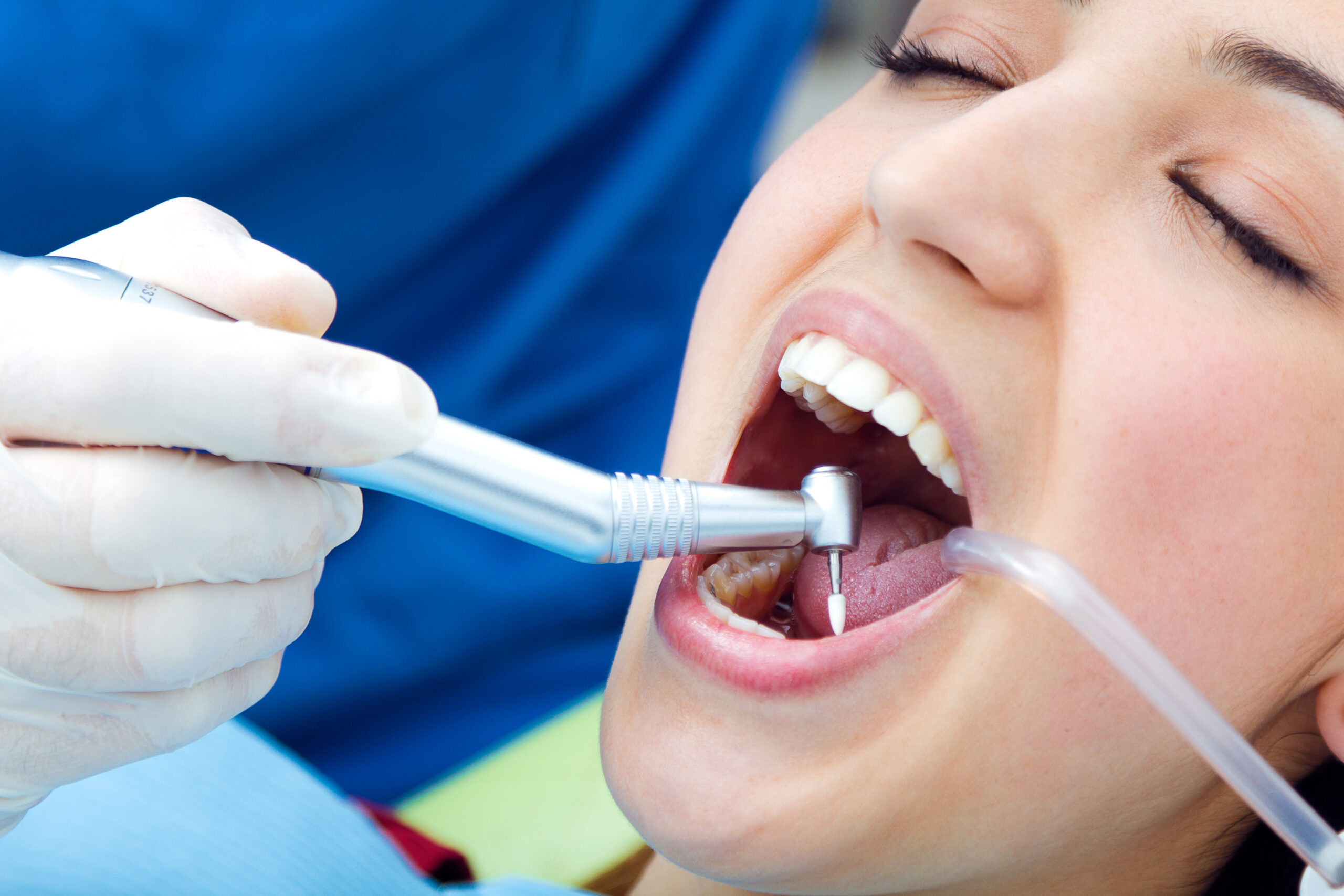
Prosthodontics is the area of dentistry pertaining to the diagnosis, treatment planning, rehabilitation, and maintenance of the oral function, esthetics, and health of patients with clinical conditions associated with missing teeth, deficient teeth, and/or compromised maxillo-facial tissues using biocompatible substitutes
Prosthodontics involves a number of disciplines including:
• Contemporary fixed prostheses
• Full coverage crowns
• Fixed partial dentures (bridges)
• Porcelain veneers
• Removable prostheses
• Removable complete dentures
• Removable partial dentures
• Tooth-based over-dentures
• Implant-based prostheses
• Implant-supported, fixed prostheses
• Implant-retained over-dentures
Prosthodontic Treatments
Prosthodontic treatments are designed to produce a balance between functionality, longevity and esthetics.
Prosthodontic treatments include the following:
Esthetic Reconstructive Dentistry is the most advanced approach to providing fully or partially edentulous (missing one or more sections of teeth) patients with the highest level of implantology treatment. Esthetic reconstructive dentistry maximizes the structural and functional connection between the dental implant and the living bone. Dental implants are a significant investment.
If smokers do not give up cigarettes, they may be advised to choose a different type of prosthodontic treatment. Studies have demonstrated that smokers face an increased risk of dental implant failure; and since implants are expensive, steps should be taken to ensure their success.
Dental Veneers and Other Bonded Restorations fall into the category of cosmetic dentistry and are used to create bright, white smiles with beautifully shaped teeth. Regardless of what causes unattractive teeth, these types of restorations may solve most or all of the issues, including severe tooth discoloration, chips, cracks and the wear and tear that causes uneven teeth.
Ceramic and Metal Ceramic Dental Crowns are prosthetic teeth designed to repair damaged teeth. Crowns are typically forged from metal, porcelain or a combination of metal and porcelain materials. Crowns can last for up to 10 years or longer if cared for appropriately. Since today’s crowns can be manicured to resemble the natural appearance of the other teeth in your mouth, they are esthetically pleasing.
Dental Bridges are prosthodontic restorations designed to serve as a treatment for missing teeth. A dental bridge can be either be tooth-supported (most common) or implant-supported. A dental bridge is often used as a replacement for a removable partial denture.
Removable Complete Dentures are full-mouth teeth replacements designed for edentulous people. Complete dentures help people who have lost all their teeth due to trauma or poor oral hygiene, giving them better chewing abilities in addition to a more appealing appearance.
It is important to note that it may take time to adapt to removable complete dentures. Mouth sores, for example, may result from rubbing and pressing of the dentures on the mucous membranes. It may be necessary to visit your prosthodontist for the adjustment of dentures from time to time. These adjustments should resolve any problems.
Although dentures have their disadvantages, most people prefer dentures over the problems associated with an edentulous lifestyle.
Removable Partial Dentures are designed for partially-edentulous people. People typically prefer fixed partial dentures (dental bridges) over removable partial dentures, though some partially-edentulous people do not qualify for fixed partial dentures because they lack the supporting tissues to which fixed dentures attach.
Fixed Partial Dentures, like removable partial dentures, are designed for partially-edentulous people. Fixed partial dentures are commonly called “dental bridges” and are more costly than removable partial dentures; however, they provide the most natural results for the treatment of partially-edentulous people.
In addition to the aforementioned treatment plans commonly employed in prosthodontics, the prosthodontist is also adept at providing treatments for jaw problems caused by temporomandibular joint disorder (TMD), snoring disorders, sleep apnea problems, and some degree of reconstruction following treatments/surgery for oral cancer. Prosthodontists work closely with periodontists, endodontists, oral surgeons and orthodontists to elicit the finest restorative results.





